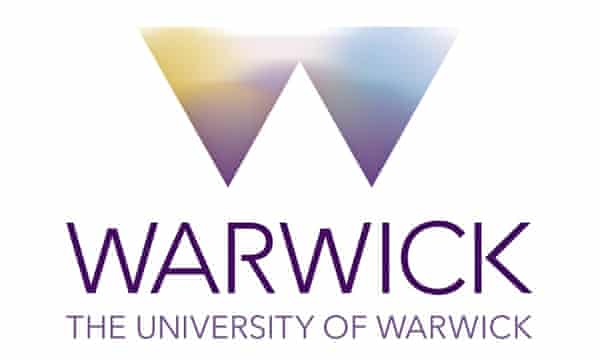University of Warwick: Warwick students qualify into finals of Elon Musk’s tunnelling competition
• The Warwick Boring team are heading to LA this summer, 2021, to take part in Elon Musk’s tunnelling competition organised by The Boring Company
• The team will build their own prototype tunnelling machine and demonstrate at the event in the Summer
• Current tunnelling systems are 14x times slower than a snail and cost from $100m-$1bn dollars, therefore the race to make tunnels faster and cheaper is picking up
A team of students called The Warwick Boring Team are heading to LA this summer to compete in Elon Musk’s the Boring Company’s tunnelling competition. They will build their tunnelling machine and test it against competitors to get top spot.Caption: A render of the Warwick Boring Team’s tunnelling device Credit: University of Warwick
A group of thirty students, knows the Warwick Boring team at University of Warwick have been working on the innovative tunnelling technology – The Boring Machine to make our transport greener, cheaper and faster in the future.
Warwick Boring have succeeded into finals of one of the most prestigious tunnelling competitions organised by The Boring Company. They got shortlisted into 12 teams out of nearly 400 applicants, making them top 3% worldwide.
The main competition’s evaluation aspect is on how fast other team’s boring machines could dig tunnels. Currently, Tunnel Boring machines speed is 14x times slower than garden snail and cost from $100 million to $1 billion per mile. The team will be competing against other top universities (MIT, TUM, ETH Zurich etc.) and industry tunnelling professionals.
All teams are set to build their own prototypes and demonstrate its operation to build 30m long and 500mm wide tunnels. The final event is taking place in the summer 2021 near Los Angeles, US.
Warwick Boring team is supported by several industry experts as well as university academics. Team members are STEM students, from various fields including mechanical, electrical, system engineering, physics and mathematics. Lots of them have received various international awards (i.e NASA Space Settlement Competition winners, etc.), prestigious scholarships, lead international voluntary projects and gained required experience from companies like (Jaguar Land Rover, Atkins, etc.)Caption: The Warwick Boring Team in one of their virtual meetings Credit: University of Warwick
Sanzhar Taizhan, Founder and Co-Project Lead at Warwick Boring comments:
“We are still shocked by the result! The project is like a roller-coaster with ups and downs. We have spent hundreds of hours designing and engineering the product. The experience competing at extremely fast-pace competition and technical-orientated is invaluable. However, there is no time to rest, and we need to keep working hard on building the first prototype and do well in the summer. Our team are very talented and the University of Warwick is strongly helping us to achieve our goals. Anyone who is interested to support our team, please, feel free to reach out to us. We launched crowdfunding campaign on our website.”
The team started the competition in September last year and proceeded through several selection stages including submitting detailed technical reports. However this is not the first time Sanzhar has led a team into an Elon MuskCaption: The Warwick Boring Team graphic of tunnelling Credit: University of Warwick competition, as a previous team reached the semi-finals of SpaceX Hyperloop Pod Competition, where they designed high-efficient and fast hyperloop capsule in 2018- 2019 (“Warwick Hyperloop” team). The team had more than 400 different students throughout 3 years of work.
Dr Alan Bloodworth, a lecturer in civil engineering and one of the Academic Advisors to the team, says: “This is indeed a fantastic achievement by the team. They have shown great confidence, self-belief and a ‘can do’ attitude, as well as careful attention to high quality engineering and technical solutions. It is a diverse team that has come together with a shared objective to design and build better for a sustainable future that is a great showcase of what young engineers are capable of. We look forward with great anticipation to the final.”
Professor Gill Cooke, Head of Teaching of the School of Engineering further commented:
“We are so proud of the achievements of the student-led team in qualifying. Working across different disciplines is an important life skill that we encourage at Warwick, and it is great to see students from different departments collaborating. We have made investments in workshops and build spaces for our engineering students and it is superb to see the skills in creativity and innovation they have learnt there being used to solve this real problem of importance to society.”

